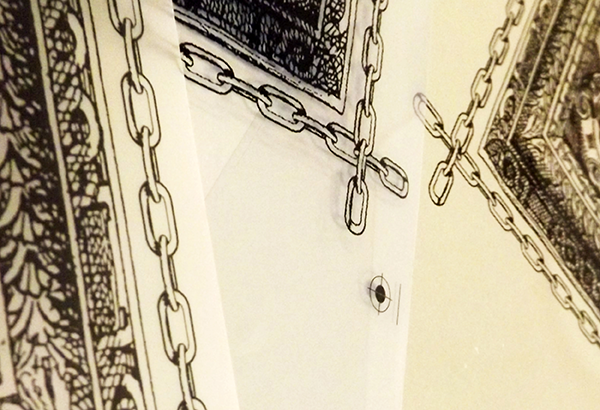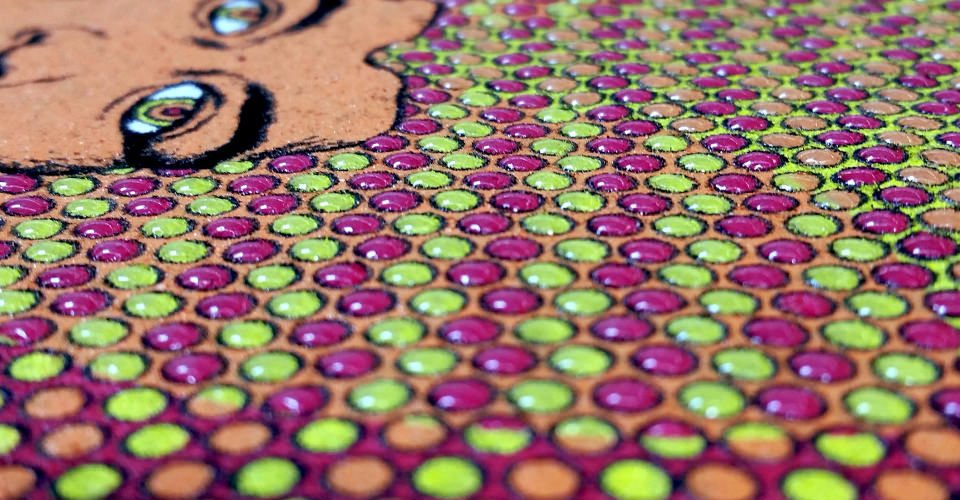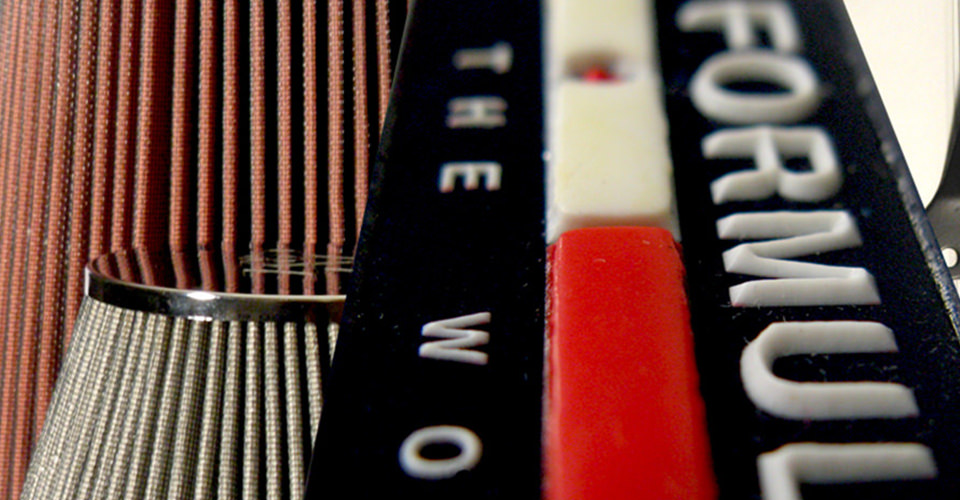The Importance of Film Quality
July 09, 2014

Did you know? The quality of your print is determined by the quality of your film. The better the film clarity, the clearer and crisper the resulting image on the screen. Makes, sense, right? Kieth Stevens recently published another tip in Impressions, explaining the differences of the various film media available today and how each affects the print outcome.
If the “clear” portion of the film isn’t crystal clear, then a filtering effect can occur during the exposure, as it would with a milky or more opaque type of film. With clearer film, there also is a smaller chance of under-exposure.
Additionally, the black positive area should be completely dark and opaque so that all the light exposing the emulsion is filtered or blocked by the film positive portion, decreasing the chances of over-exposure and loss of detail.
Film media options include:
- Vellum, one of the lowest-quality types of film positives. The translucent white is not clear and acts as a filter, and the black print is not very opaque. Vellum is not ideal for transferring detailed art to screen, but it works well under certain conditions, such as one- or two-color jobs that are not as particularized. Vellum also can shrink when heated, such as when run through a laser printer, so it is not recommended for prints requiring exact registrations. When using vellum, you can achieve a darker black print by using a spray fixative, which “fuses” the toner particles to make the printed areas appear darker.
- The inkjet type of films often work much better than vellum because the black positive portion can become very black and opaque under the right printer settings and the film portion of the screen positive can be purchased in a very clear version. In addition, these films are readily available.
- Real Ortho Litho film and printers are the highest-quality option. For four-color jobs and prints where perfect registration is important, consider switching to Ortho film.
In summary, the clearer the film, and the better and more opaque the positive, the better.
Kieth Stevens is the Western regional sales manager for International Coatings. He has been teaching screen printing for more than 10 years and is a regular contributor to International Coatings' blogs.
International Coatings manufactures a complete line of phthalate-compliant screen printing inks, including a wide variety of whites, specialty inks, special effects inks, color matching systems, additives and reducers. For more information on our products, please visit our website at www.iccink.com.


